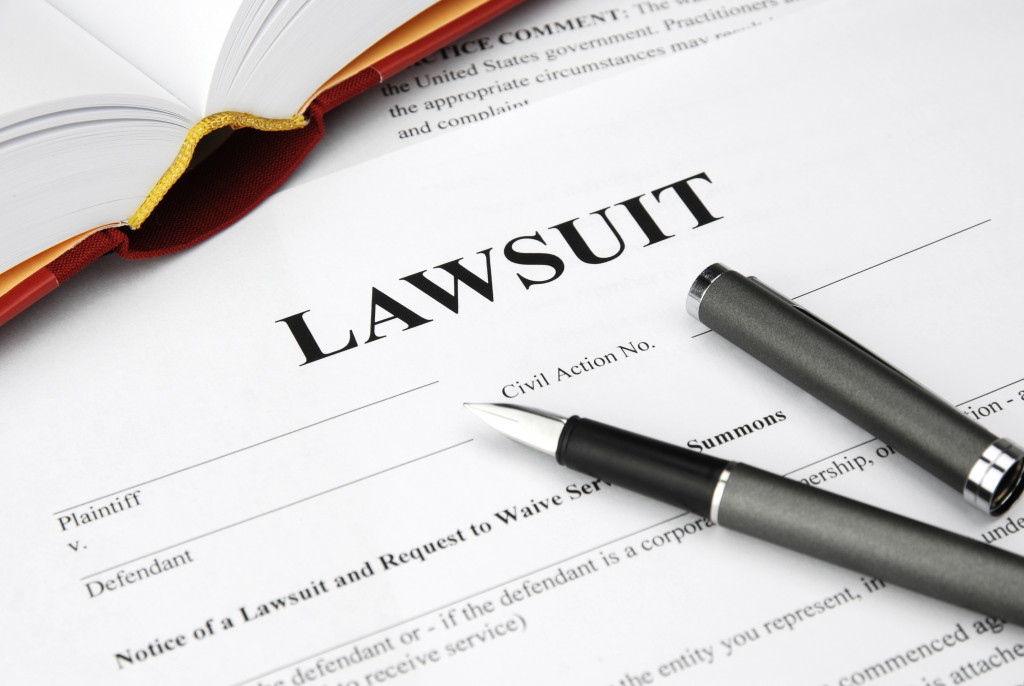- Recognize domestic abuse, including physical injuries, controlling behaviors, isolation from friends and family, verbal threats, and financial exploitation.
- Understand domestic violence laws, which vary by state — such as protective orders, criminal prosecution for offenders, and civil suits.
- Seek legal protection through a civil no contact order to protect yourself from further abuse or harassment.
- Document all instances of abuse for potential future legal action.
- Seek support and resources from local domestic violence hotlines, shelters, or support groups.
Domestic abuse is a serious issue in the United States that affects countless individuals and families. It is essential to understand the laws and resources available to victims of domestic abuse, as well as the legal consequences for perpetrators. This guide aims to provide an overview domestic abuse laws in the United States.
1. Recognize Domestic Abuse
Domestic abuse encompasses various forms of physical, emotional, sexual, and financial abuse within intimate relationships or households. Recognizing the signs of domestic abuse, including physical injuries, controlling behaviors, isolation from friends and family, verbal threats, and financial exploitation. Identifying the presence of domestic abuse is the first step toward seeking help and protection.
2. Understand Domestic Violence Laws

Domestic violence laws differ from state to state in the United States, but they generally aim to protect victims and hold perpetrators accountable. Many states have enacted specific laws that address domestic violence, such as “domestic assault” or “domestic battery” statutes. These laws often provide enhanced penalties for offenses committed against family or household members. Researching and familiarizing yourself with the domestic violence laws specific to your state is essential to understand the legal framework and potential consequences for offenders.
Here are the most common domestic violence laws in the U.S.:
Protective Orders
Protective orders are court-issued documents that protect victims from further abuse or harassment by the abuser. Depending on the jurisdiction, a protective order may be known as a restraining order, an injunction, or an emergency protection order and can include various provisions such as prohibiting contact with the victim, barring access to shared property or residence, limiting child custody/visitation rights of the abuser, or ordering financial support for the victim. A violation of a protective order is a criminal offense that could result in jail time for an offender.
Criminal Prosecution
Those who have committed acts of domestic violence can face criminal prosecution under state laws and harsher penalties than other types of crimes. Depending on the severity and frequency of the abuse, offenders can be charged with misdemeanors or felonies and could face jail time, fines, restraining orders, and other sentences outlined by the court.
Civil Suits
In some cases, victims may also file civil suits against their abusers even if no criminal prosecution is in place. These involve filing private lawsuits to seek damages or injunctions for injuries sustained due to domestic violence or assault. The goal of this type of action is usually to obtain financial compensation for damages suffered as a result of the abuser’s actions as well as set up restraining orders prohibiting future contact between victim and abuser.
Victims’ Rights
Victims of domestic violence have certain rights protected by state and federal law. For example, the Violence Against Women Act sets out the rights and protections available to victims in all fifty states. These include the right to obtain a protective order, access legal representation, receive compensation for medical bills and lost wages due to injuries sustained due to abuse, etc. It is important for victims of domestic violence to familiarize themselves with their rights so they can take appropriate steps to protect themselves and seek justice if needed.
3. Seek Legal Protection

Victims of domestic abuse can seek legal protection by filing for a civil no contact order, which is an order issued by the court to protect victims from further abuse or harassment. This order requires the perpetrator to refrain from contacting the victim directly or indirectly through other people, such as family members or friends. It also prohibits access to shared property and residence and sometimes includes provisions like child custody and financial support for the victim. Violation of a civil no contact order can result in criminal charges, so it is important to seek legal protection if you are the victim of domestic abuse.
4. Document Everything
Documenting all instances of abuse is important if you decide to take legal action against your abuser in the future. Keeping a detailed record of dates, times, and details surrounding incidents will provide valuable evidence if you ever go to court or pursue civil action. Keeping copies of any medical reports or photographs related to injuries sustained due to domestic violence for use in court cases or other proceedings is also beneficial.
5. Seek Support and Resources
Dealing with domestic abuse can be overwhelming and isolating, but remember, you are not alone. Numerous organizations and resources are available to help victims of domestic abuse. Contact local domestic violence hotlines, shelters, or support groups that can provide guidance, emotional support, and resources tailored to your situation. Additionally, consider contacting legal aid organizations or pro bono attorneys specializing in domestic violence cases. These professionals can offer legal advice and representation and help navigate the legal system.
Final Words
Understanding domestic abuse laws in the United States is crucial for victims and their allies. Recognizing the signs of domestic abuse, familiarizing yourself with the applicable laws, seeking legal protection through civil no-contact orders, and utilizing available resources, you can take important steps toward your safety and well-being. Remember, reaching out for help is a sign of strength, and individuals and organizations are ready to support you through this difficult journey.

